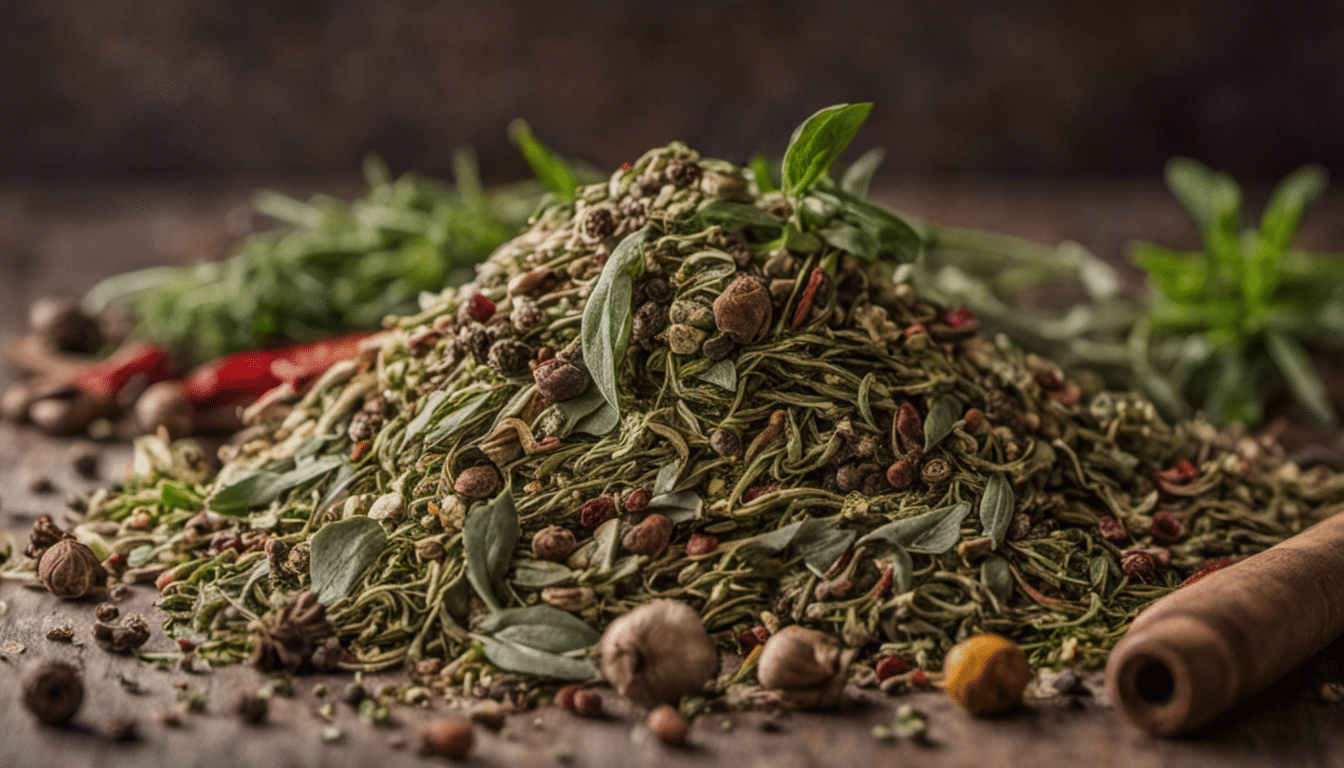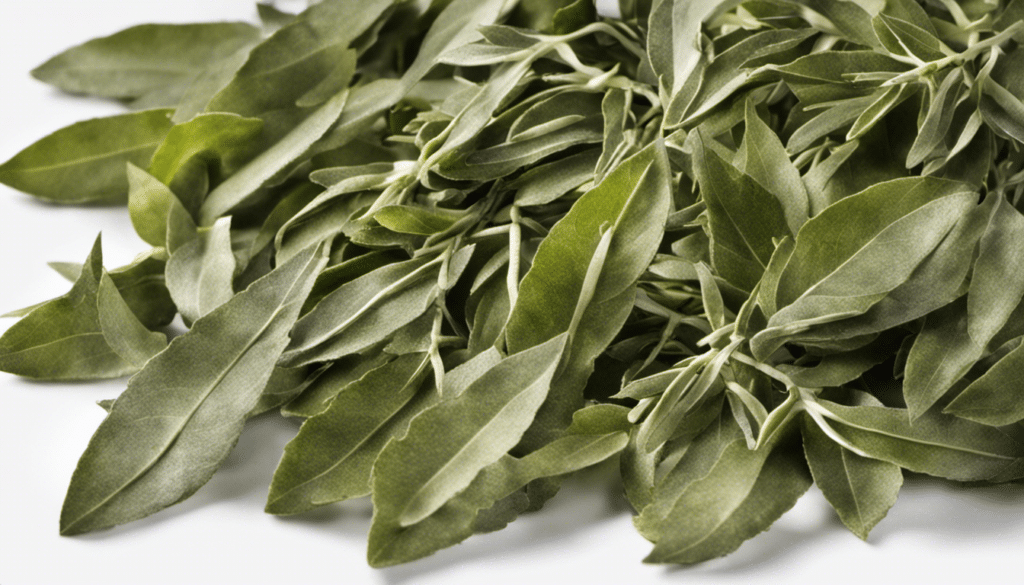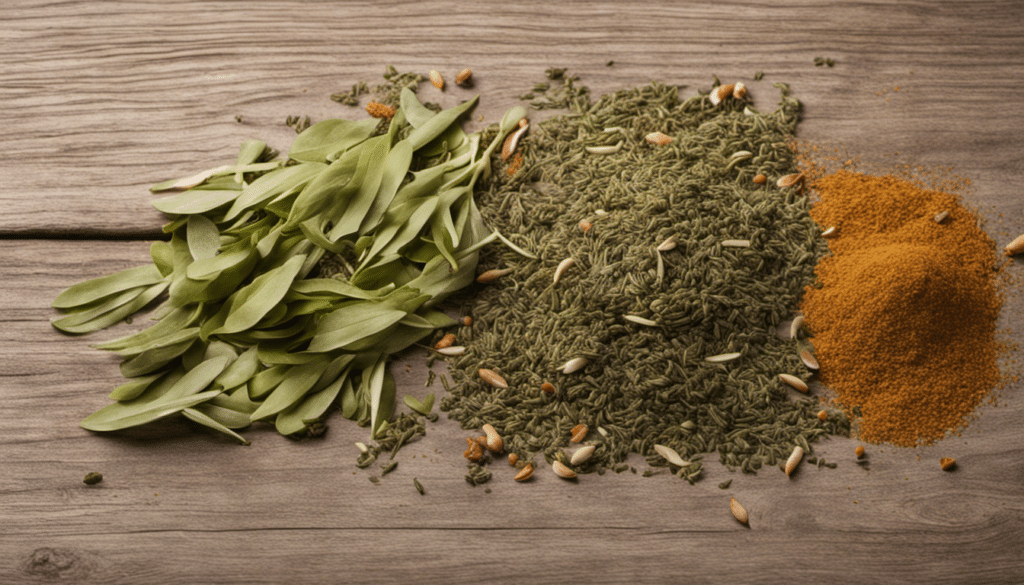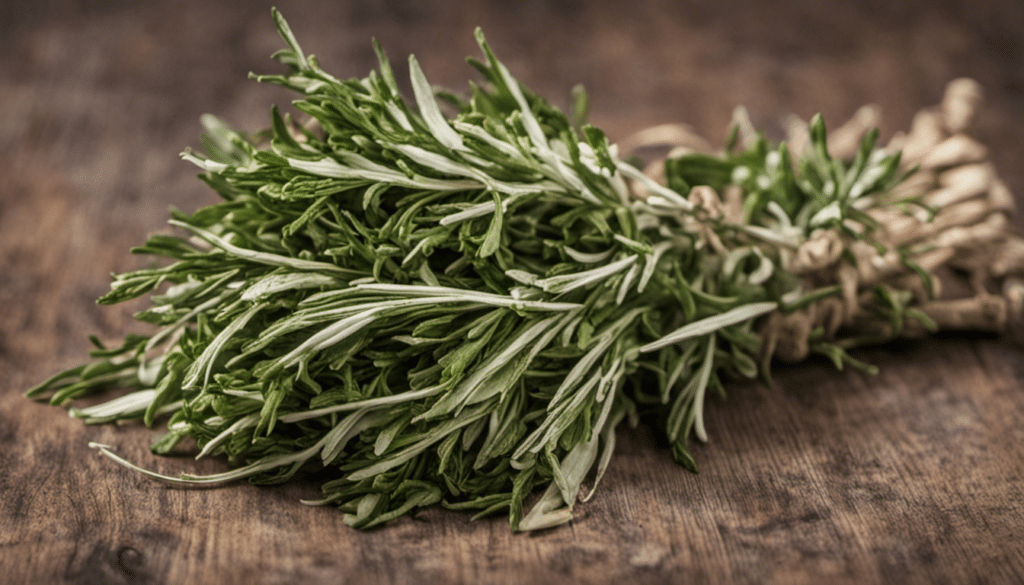Everything You Need to Know About Cassia
The enchanting world of herbs and spices is a matrix of vibrant flavors, therapeutic healing, and rich cultural histories. In our adventure to unravel and shed light on these remarkable treasures, we couldn’t resist exploring the magnificent Cassia. A spice that adds profound depth to dishes, deeply rooted in ancient trade routes, medicine and culture, yet remains relatively obscure to most people.
Origins of Cassia: Unraveling the Eastern Spice Route
Cassia’s origins trace back to southern China, where it was first identified. It later spread across the Asian continent and beyond, featuring prominently in the spice trades that have shaped global history. Archeologists have found evidence of its usage in Egypt over 4000 years ago. The Britannica confirms this lineage, also tracing a link to India, and unfolding a remarkable tapestry of trade and interaction among ancient civilizations.
Also known as Chinese Cinnamon or Cinnamomum cassia, this spice is typically confused with the more common ‘Cinnamon’, though both spices have distinct properties and benefits. Often characterised by its thicker bark and robust aroma, Cassia holds a bolder, spicier note compared to the sweeter, milder Cinnamon.
The Health Benefits of Cassia
In traditional Chinese medicine, Cassia bark is often used to boost cardiovascular health and to manage digestive issues. Over the years, scientific studies have also started painting a promising picture about the potential benefits of Cassia. This ancient bark might have antimicrobial, anti-inflammatory, and antidiabetic properties according to a review published in Evidence-based Complementary and Alternative Medicine.
Recognised for its high chemical constituents such as cinnamaldehyde, cinnamic acid, and cinnamate, which are believed to deliver a range of health benefits, Cassia may have protective effects against neurodegenerative diseases like Alzheimer’s, Parkinson’s, and multiple sclerosis as per a study found in the Journal of Food Science.
While it’s clear that Cassia carries a multitude of potential benefits, it’s important to note that it is high in coumarin, which can be harmful to the liver if consumed in large amounts. Like all things, please use it sparingly and wisely, and ensure the spice is in sync with your diet and health needs. As always, consult your doctor or a professional healthcare provider before starting any new dietary supplement.
In a world awash with synthetic flavors and enhancers, appreciating the health benefits of natural herbs and spices like Cassia can be an invigorating journey back to basics. Here’s to the joy of discovering the sumptuous and salubrious wonders hidden in our spice racks!
Cassia Recipe Ideas
- Cassia Chicken Curry
- Pho Soup with Cassia
- Cassia Cinnamon Rolls
- Cassia infused Rice Pudding
- Mulled Wine with Cassia
- Cassia and Cardamom Tea
- Apple and Cassia Pie
- Moroccan Tagine with Cassia
- Spicy Cassia and Tomato Chutney
- Beef Rendang with Cassia




